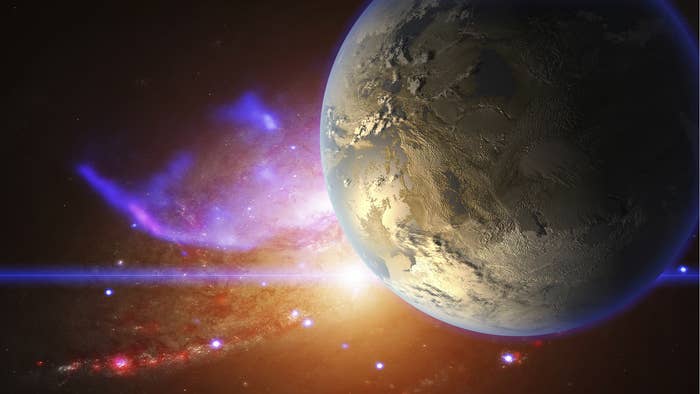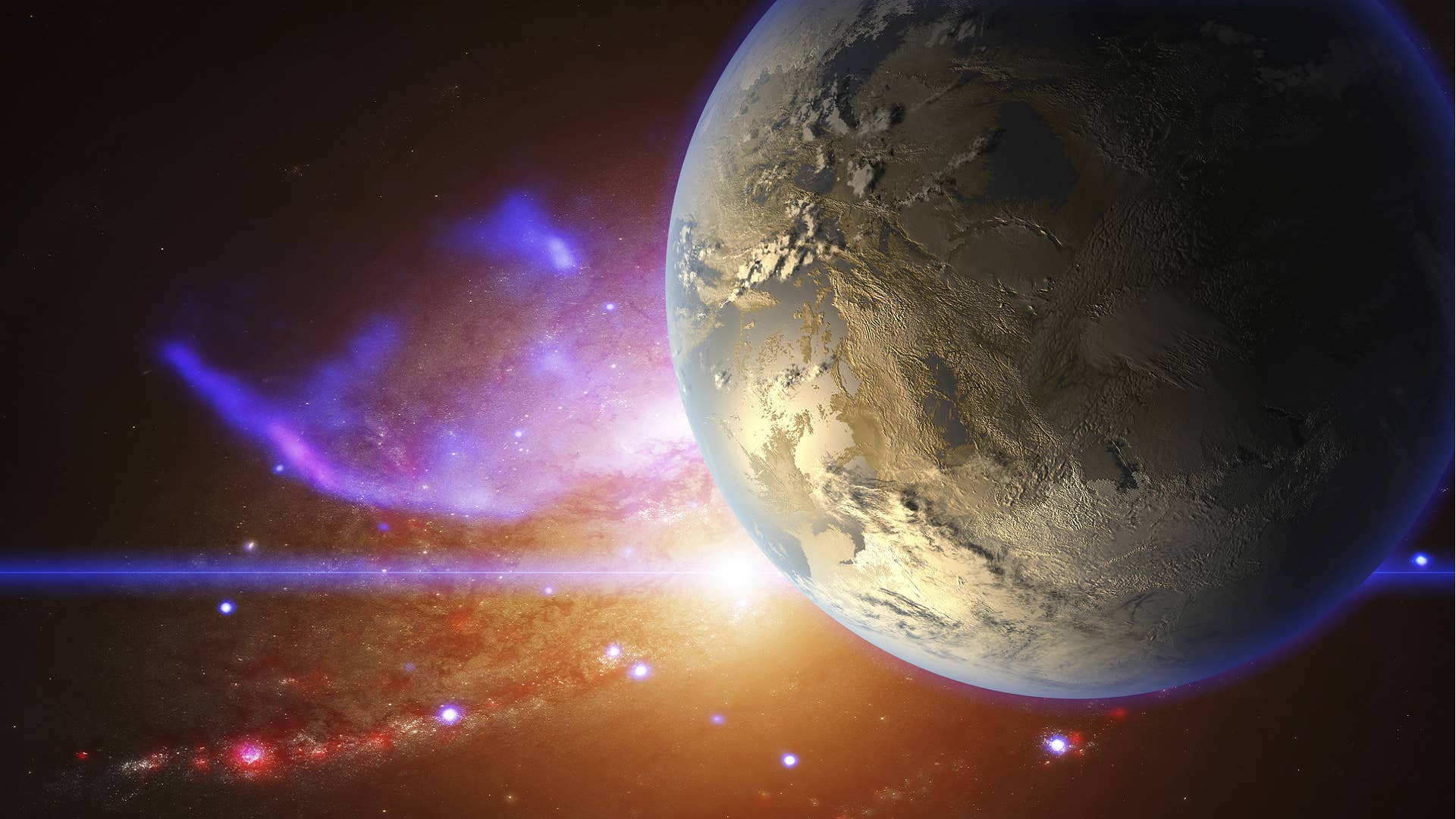
The parts of Earth that aren't on fire are sinking into the ocean. Each new year brings with it more extreme temperatures, weather events, and natural disasters. New diseases are wreaking havoc across the planet's surface. You can't blame scientists for looking for something better.
That's exactly what researchers led by astrobiologist Dirk Schulze-Makuch have found. In their new study published in Astrobiology, the team of scientists claims to have discovered 24 "super-habitable" planets. That is, planets that might be even more conducive to creating life than our own world.
The study makes the case that our own Earth-centric view of what planets can foster life has blinkered us to places that could go above and beyond Gaia. The scientists behind the study scoured through a database of possible exoplanets, expanding their search criteria outside of the typical range for Earth-like objects. They were operating on the idea that certain planets could slip by us if Earth is taken as the gold standard.
“We are so focused on finding a mirror image of Earth that we may overlook a planet that is even more well suited for life,” Schulze-Makuch explained to VICE.
Because the tropical regions of Earth are the most teeming with life, the researchers allowed hotter and more humid planets into the discussion. They searched for planets as large as 1.5 times the size of Earth, noting that the increased surface area provides more room for life to develop and increases the likelihood of a protective atmosphere. One planet in particular stood out among the 24 super-habitable planets. The planet is nearly twice as large as Earth and sits about 3,000 light-years away.
Though the study notes that many of the 24 objects might be false positives, and bemoans the lack of methods to test some of their habitability hypothesis reliably, Schulze-Makuch believes the study will be a good reference point when more advanced space telescope become operational.
"With the next space telescopes coming up, we will get more information, so it is important to select some targets," Schulze-Makuch told The Weather Channel. "We have to focus on certain planets that have the most promising conditions for complex life. However, we have to be careful to not get stuck looking for a second Earth, because there could be planets that might be more suitable for life than ours."

